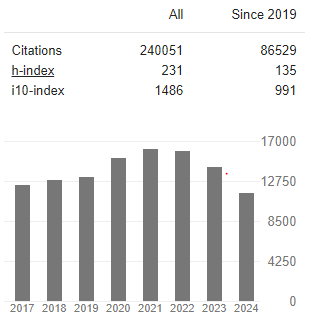In Vitro Combined Effect of Annona Senegalensis and Piliostigma Thonningii Leaf Extracts on Alpha Amylase Activity
Abstract
Adam M. Nyanda, Madalitso Mlozen, Elias Bonya, Exton Siyano, Patrick Chagwa, Chikondi Kamwendo, Jonathan Majamanda, Wilfred Taika, Linly Linje, Martin Kalumbi, Robert Chinyama, Zefaniah Katuah & Blessings Katiniche
Background: Diabetes mellitus (DM), a group of metabolic disorders characterised by hyperglycaemia, has been attributed to increased activity of α-amylase, one of the key enzymes in carbohydrate metabolism. Alpha amylase inhibition can potentially control postprandial hyperglycaemia, hence significant in the management of diabetes mellitus, especially type 2. Acarbose, the proven α-amylase inhibitor, has been associated with several side effects. Plants used in traditional medicine represent a valuable source in the search for an alternative. The study aimed at determining the combined effect of Piliostigma thonningii and Annona senegalensis leaf extracts on alpha amylase activity.
Methodology: Mortar and pestle were used to crush the leaves into powder. The fine powder was dispensed in distilled water. Percolation was used to filter the crude extract, evaporated in a water bath at 65 0C to concentrate the extract then reconstituted. Spectrophotometric assay method was used for alpha amylase activity at 540 nm.
Results: The results of the study showed that A. senegalensis inhibited α-amylase by 27%, 32% and 34% at 15, 30 and 45 minutes respectively. P. thonningii exhibited inhibitory effects on α-amylase by 25%, 27% and 37% at 15, 30 and 45 minutes respectively. The combined inhibitory effects of A. senegalensis and P. thonningii on α-amylase were 28%, 37% and 62% at 15, 30 and 45 minutes respectively which are significantly different (p <0.05) from that of the positive control, acarbose (71% at 45 minutes)
Conclusion: This study revealed the increased strength to inhibit alpha amylase enzyme by a combination of A. senegalensis and P. thonningii and a proportional increase in the inhibitory effect with increase in incubation time than their individual potential to inhibit alpha amylase.



